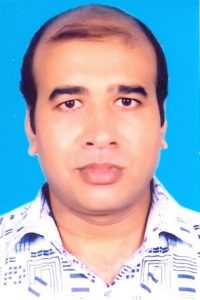
Background
The main purpose of most language courses today is to facilitate communication in the target language, formulating a successful and effective lesson plan becomes indispensable. The idea of how to prepare a successful and effective lesson plan fundamentally depends on the alignment of assessment activity with the objective(s) of a lesson plan. This piece of writing deliberates on the different parts of effective lesson design and assessment and keeping the discussion into consideration, a sample of lesson design and assessment has been provided. Even though the current discussion focuses on the classroom teaching activities at the tertiary level, the same lesson plan and assessment can be applied in other classrooms at different levels with minor adaptation.
Firstly, an ELT (English Language Teaching) professional needs to have a clear picture of putting those actions words/verbs that would fit his or her in the portion of the lesson objective(s). In addition, he or she needs to know that his or her lesson plan objective encompasses a clear statement of measurable outcomes which can be achieved by providing action words, such as ‘identify’, ‘state’, or ‘demonstrate’, not words like ‘comprehend’, ‘feel’, ‘learn’, etc. since the latter cannot be measured or evaluated.
Furthermore, an ELT practitioner needs to have knowledge of an effective warm-up activity and its objectives. Then, he or she needs to investigate whether his or her warm-up activity makes an attempt to get students’ attention, recall of prior learning, and introduce new ideas and connect these ideas to the past learning. Likewise, an English teacher (ESL/EFL) also requires to include objectives, which consist specific aims of the lesson.
Moreover, an EFL/ESL teacher needs to have knowledge of “instruct and model” while formulating his or her lesson plan; under “instruct and model”, he or she needs to apply the use of teacher talk, to know how to keep things conversational, and to employ activities that would make the instruction sticky (memorable, usable, durable). He or she necessitates having the knowledge of either using traditional modelling (teach, model, question) or inductive reasoning (model, infer, elaborate).
In addition, we as English teachers require to understand the importance of “guided practice” and “independent practice” that would be included in our lesson design. Under “independent practice”, English teachers (EFL/ESL) should check and allow students to show that they have understood the instruction provided by the teachers. Finally, under “assessment” activity, an ELT practitioner needs to check that his or her assessment activity is aligned with the objective, and the assessment activity is authentic (The situations, where the students are placed in during the assessment, are as similar as possible, to situations they may encounter outside the classroom).
Now, here is a sample of such a lesson design and assessment to have a better understanding of the ways that could be employed while formulating a lesson design and assessment.
A sample of a lesson design and assessment
| Basic | Intermediate | √ Advanced |
Theme: travel
Objective: Students will be able to use the simple past tense to describe and write a paragraph describing their travelling experiences in Bangladesh.
Business/Materials: Pictures, videos and question prompts and model paragraph
A warm-up activity: I would place some pictures of attractive and historical visiting places of Bangladesh on the whiteboard E.g. the pictures of St. Martin Island of Bangladesh and the Red Fort of Mughal Empire in Dhaka city. Then, I would show the video clip of “beautiful Bangladesh”, prepared by the government of Bangladesh.
I would mention the pictures of other places we discussed in our previous class to relate to the previous lesson. Then, I would ask my students whether they can recognize the pictures and places of Bangladesh and provide positive feedback to those willing to speak.
Asking questions is one of the ways of triggering the recall of prior knowledge; thus, it would bridge old to new information.
I would also draw students’ attention to the written prompt on the whiteboard by offering a quote from St. Agustine:
“The world is a book and those who do not travel read only one page”.
An example of prompt:
| Level | Theme | Prompt (Statement) |
| Advanced | Travel | The world is a book and those who do not travel read only one page. Agree or Disagree? |
I would ask them whether they agree or disagree with the statement. In addition, as my students are in the advanced level, I would ask them “What do you think this quote has to do with what we talk about today?”
I would ask them to write their agreement or disagreement in their notebooks. Then, I would record their answers on the whiteboard and provide them feedback (mostly encouraging ones)
I would write a phrase ‘travelling experiences in Bangladesh” and ask them (by getting their feedback) to relate the discussion of some beautiful places of the previous class. After that, I would ask them whether their experiences were pleasant or bitter. I would mention the probable reasons for having mixed experiences and concerning issues, like safety, accommodation, food problems and so on. I would make some groups and ask them to discuss various points among themselves and come up with answers by brainstorming. Likewise, I would record their answers on the whiteboard and offer them feedback.
I would mention that we were going to discuss more on the travelling experiences in Bangladesh and write in a paragraph ensuring there is the topic sentence, supporting details and concluding the sentence.
Objective Discussion
I would ask my students whether they would like to go abroad for their further study. If they would like to, they need to sit for international language testing systems (e.g. IELTS, TOEFL) or any other competitive tests for the job search in Bangladesh. In these tests, they need to write some paragraphs. Then I would motivate them my writing class would be helpful for them to learn the structure of paragraphs (*this is important for the objective) and practice developing good paragraphs.
I would tell my students that they are going to learn the basic structure of paragraph writing and provide them with a model of a narrative paragraph with topic sentence and three supporting details with the use of transition words, and finally, tell them about the concluding sentences. The model would help them to internalise the structure of the paragraph. (*This is for specific details/instructional objectives). I would ask them whether they can relate or differentiate the structure of the previous lessons and the present one.
I would mention here about the structure of other types (for example, descriptive or cause-effect type of paragraph writing) of a paragraph in from the previous lessons. Then, I would ask them if they would be able to differentiate between or among the types of structures of paragraph writing (*this is for the check for understanding).
I would ask them to get ready for the next class whether they would be asked for a paragraph writing impromptu in the class. Similarly, the evaluation of their wring will lead to their final grading. (*This is for stating the objective)
Instruct and Model
Even though I would prefer using the inductive reasoning (model, infer, and elaborate), I would wait for quite some time to see whether my students would be able to grasp (wait for an opportune time) before providing the models of the paragraphs.
First, I would tell them a very popular folk story about a king and his four daughters (narration of a story is to keep things conversational). I would ask them whether they could come up with any structure of the story. I would note the responses on the (teacher talk: using board work to introduce the topic). I would clarify that a story generally has a beginning, middle, and ending; so does a paragraph have (use of analogy). I would repeat those key sentences and check their understanding (teacher talk: repetition). I have chosen the story keeping the objective of the lesson plan in mind. The story uses the past tense; as I am going to focus on the use of past tense in the paragraph writing.
After that, I would show my students some of the models of paragraphs using multimedia and I would also give them hard copies (photocopies) of the models of paragraphs (more than one) from the Book by John Langan (part of teacher modelling) to my students, and also my prepared samples of paragraphs (‘Sharing your own work so that students can see what you have done’ is a part of teacher modelling) for suiting the learning of past tense and a structure of a paragraph. I would ask my students whether they can see any beginning, middle, and a concluding part of a paragraph (the analogy is a part of teacher talk). I would provide them copies the model of paragraphs and form some pairs or groups (‘Giving students a problem to solve in pairs or groups’ is an example of inductive reasoning) to do the brainstorming to figure out the structure of the paragraph.
After getting my students’ feedback (‘Getting feedback’ is a part of keeping classes conversational), I would write the main concept on the whiteboard; ‘topic sentence’, ‘supporting points’, and ‘concluding sentence’. Then I would emphasise the following:
Topic sentence of a paragraph: the main idea of a paragraph is known as a topic sentence. The two parts of a topic sentence is called subject and the controlling idea.
Supporting point/details: when we provide the main idea of a paragraph, it must be supported by three main points. Each supporting point needs to have an idea that supports the topic sentence
Concluding sentence: the paragraph is summarized with a concluding sentence. In this part of the paragraph, a new concept or idea is not introduced but the idea the topic sentence is rephrased using the transition words.
I would also mention or elicit the importance of using transition words, such as using ‘firstly’ with first supporting point and ‘secondly’ with second supporting point and ‘finally’ with concluding sentence (sign post expressions).
I would ask my students (‘asking questions’ is a part of teacher talk) whether they can compare and relate the three things mentioned in the story and in the models provided. By asking questions, I would check whether they have understood my elicitation (‘Elicit reactions and responses from your students’ is a part of keeping classes conversational); even sometimes students say that they have understood, I would repeat (‘clarifying and elaborating when students don’t understand’ is part of teacher talk). My experience shows that repeating the same concept more than once help students remember the concept better and use for a long time (As the learning sticks, it becomes usable and durable). All through my lecture, I would use warm language and speak clearly if any of my students fail to understand.
Guided Practice
Since I would be working on a paragraph writing unlike an essay writing, I would pick up the three parts (topic sentence, supporting points and a concluding sentence) of a paragraph writing as a whole under my guided practice in the class.
Firstly, I would mention “A topic sentence is”, and ask one from one group of my students to complete the required information of the sentence, and then I would inform “there are three supporting points in a paragraph”, and invite others from other groups of students to complete the three supporting points. The same goes for “the concluding sentence” (A teacher-led activity includes responses from a variety of students; it also encompasses starting a sentence and inviting students to complete the sentence). For each correct response, I would give them “thumbs up” and encourage them to speak more if they would be able to add up more information.
Less Guided Practice
After that, I would divide my students into different groups, and I would provide some samples of topic sentences (without three supporting points and concluding sentence-‘backwards fading’) to one group (group 1) and some samples of paragraphs with topic sentence and three supporting points without concluding sentence to other three groups (group 2, 3 and 4). Under the instruction and model section of lesson template, I have already provided the models of a structured paragraph to all my students. As the strength of my class is around 30, I would make 5 groups. I would ask my group 1 to deal with a topic sentence (to discuss the two parts of a topic sentence; the subject and the controlling idea). Then the other three groups; 2, 3, and 4 would deal with each of three supporting points (the use of transition word and the idea that supports the topic sentence), and the group 5 to discuss on the concluding sentence of a paragraph (to come up with the idea of rephrasing the topic sentence and use of transition words, and not to introduce new concept or idea again). I would give low-performing students the most difficult task under each group and ensure that groups are of mixed levels and abilities. While my students are working on their assigned task, I would go round the class, observe, and ask them to see if they needed any support. (‘Walking around the room, checking work and answering questions’ are known as facilitators of independent practices).
I would make sure that each group would have a scribe to jot down the summary of their discussion, a spokesperson to present the summary of the group work and a controller to ensure that everybody is taking active participation in the group activity. I would give 10 minutes for each group to discuss and prepare for the presentation and give three minutes to present their work.
Independent Practice
I would ask each group to present their work in the class (students give a presentation relating new information to the class’- an example of independent practice activity). After finding that they are able to get the fundamentals of the structure of a paragraph, I would ask each student to write a paragraph on their travelling experiences abroad (or different places of Bangladesh or similar topics) as home task, and they would make sure that their experiences and writing would be different from one another. Then I would ask them to submit their home tasks in my pigeon hole one day before the next class (Generally, in my institution, students get one or two days break before the next class). I would check all the home tasks before going to my next class.
I would provide feedback on the written tasks and discuss any improvements required for them (with positive and motivating words). In addition, I would ask them to submit their write- up again at the end of the class.
Assessment
From the objective of my above lesson, it can be gauged that the lesson assessment would relate to knowledge learning, not memory learning (recalling). The objective of my lesson plan is to teach my students how to write a paragraph, so I would provide them the actual model of a paragraph in my assessment before the final examination; as a result, this task would be authentic and require them to apply their learning of writing the paragraph. By doing this, I would be able to assess that students should be able to transfer classroom knowledge to the real world; for example, at the time when they would go for different examinations in writing paragraphs in English.
After finishing the independent practice (which is a part of formative assessment-given below) [in my class] mentioned above, I would take a test (which would be upgraded; and the reason for that is that in order to get the best idea of performance of the students, a teacher does not need to grade everything that students do in the class) on a paragraph writing, providing the outline of a paragraph. A sample of such a test is given below:
Instructions: Write a paragraph within 150 words on the basis of the outlines provided. You will have 15 minutes to complete the task.
I had experienced some wonderful memories while travelling the picturesque island of Saint Martin in Bangladesh. (Topic sentence). Firstly, (the first reason) —————————————————————————————————————————————————. Secondly, (the second reason) ——————————————————————————————————————————————————————————————. Finally, (the third reason) ——————————————————————————————————————————————————————————————————-. Moreover, (concluding sentence) ——————————————————————————————————————————————————————–.
This type of assessment would help us understand that the students would have higher order thinking (analyse, evaluate and create) since such as assessment requires them to talk what they know about a topic, and what the structure and organisation of a paragraph, and combine the two into a coherent product.
I would also provide them with a scoring rubric for a paragraph writing; as a result, they would be able to have a clear picture of how their work would be evaluated in their final examination.
Name: …………………………………………… Score: ……….. /10
| Criteria | Excellent | Good | Fair | Poor |
| Formatting | The paragraph has proper indentation ½ inch | |||
| Mechanics | ||||
| Use of Tense | Uniformity of the tense | |||
| Spelling | No spelling errors | |||
| Content | ||||
| Task Fulfilment | Clearly demonstrates the use of past tense and his or her experiences | |||
| Quality | Carefully written | |||
| Body paragraph | Provided all the three supporting points in details | |||
| Cohesion and coherence | Ideas are connected to each other | |||
| Summary | Restates the main idea (the topic sentence); no new ideas are introduced again | |||
| Errors | Very few errors that do not interfere with the meaning of the sentence | |||
| Total: ……/10 |
*Dr. Hasan is the assistant professor, English, English Language Institute, in the United International University, Dhanmondi, Dhaka, Bangladesh. You can reach him at: md_kamrul_hasan@ahsgs.uum.edu.my
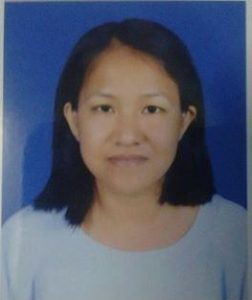
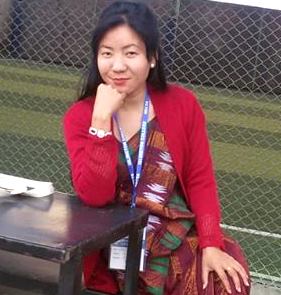
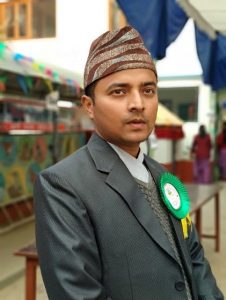

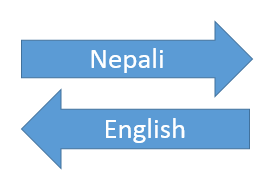 Reading skills in English language classroom
Reading skills in English language classroom 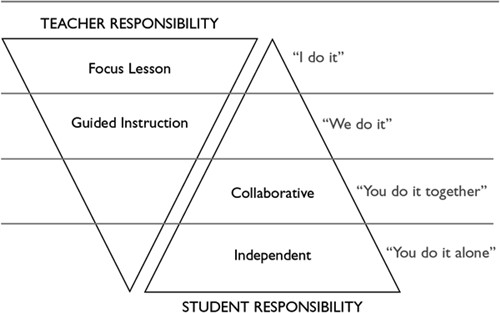
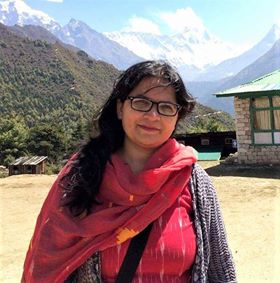
 Why is child literature important?
Why is child literature important? 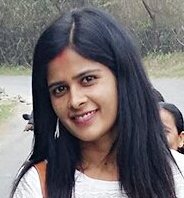

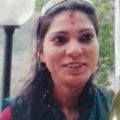

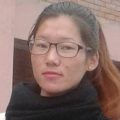
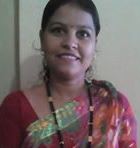
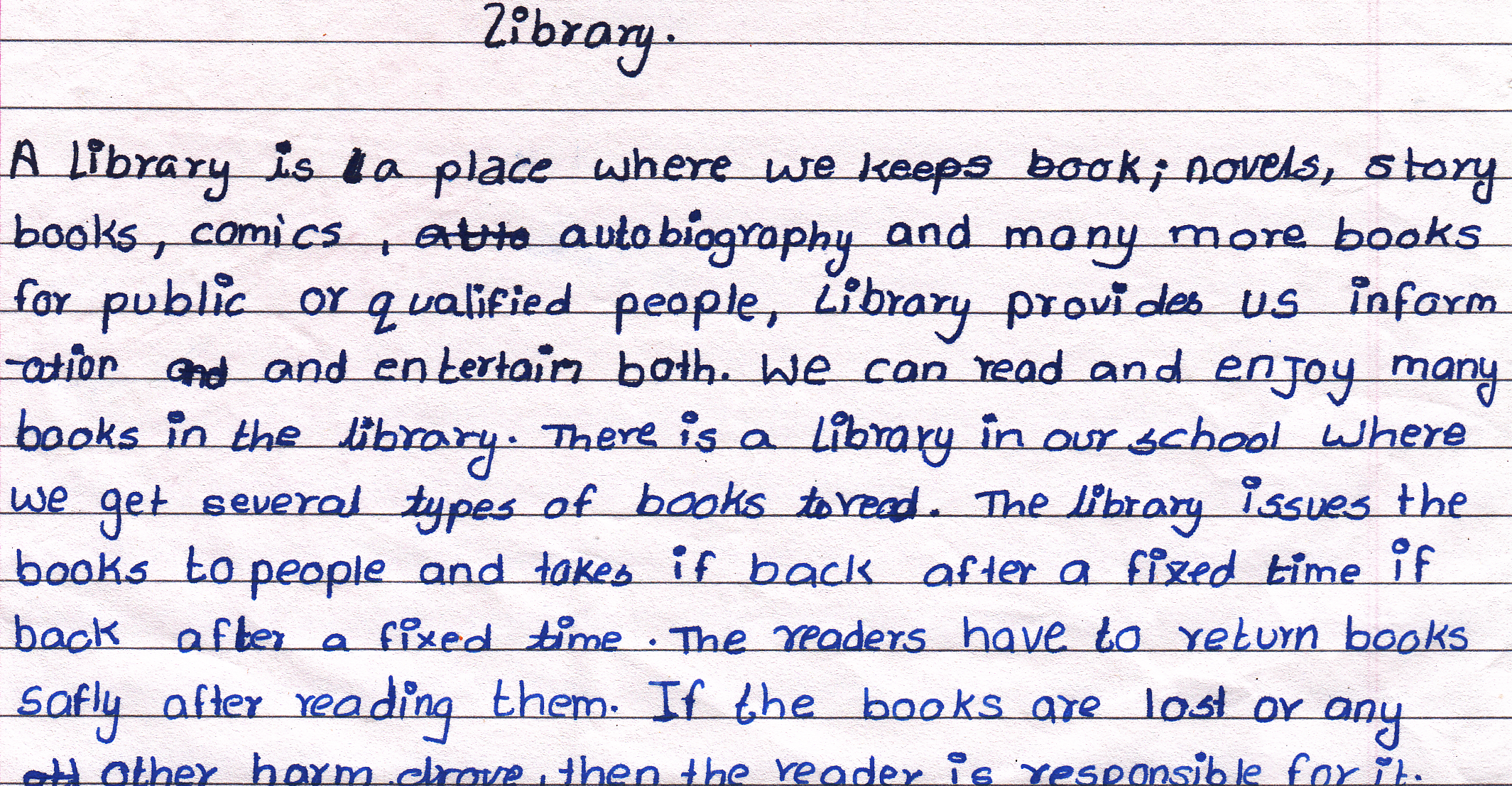
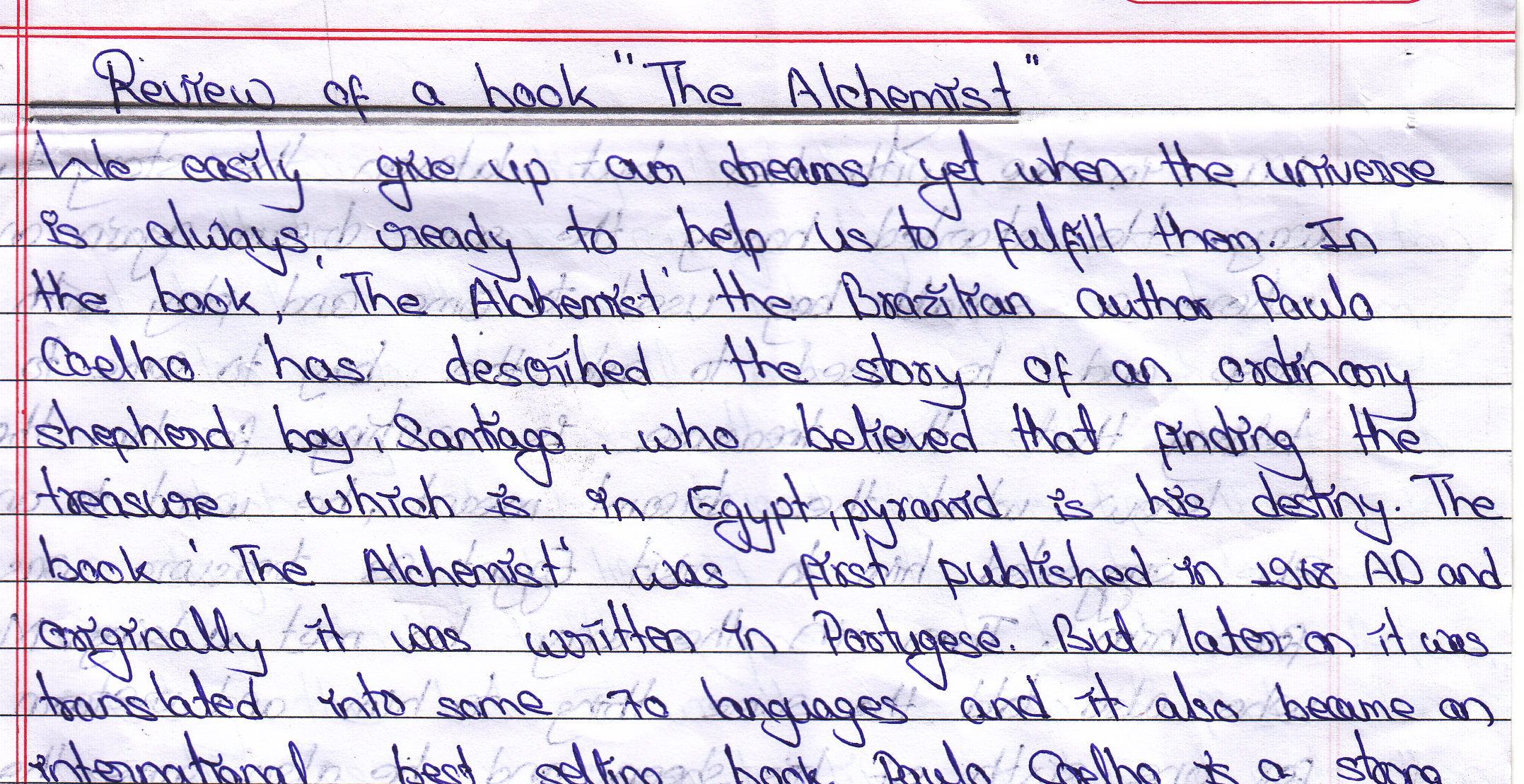

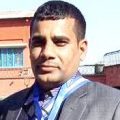

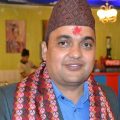 examination paper. Teachers often provide them notes on the contents and students copy them in their note books. When teachers ask them to be prepared for classroom writing, they remain absent in the class. When they are asked to write, they copy from bazaar notes, they do not make attempt of their own. They fear of being commented upon their writing. Teachers also do not encourage students to write. Teachers are mostly found writing in social media about the contemporary issues but academic writing is most neglected area in this region.
examination paper. Teachers often provide them notes on the contents and students copy them in their note books. When teachers ask them to be prepared for classroom writing, they remain absent in the class. When they are asked to write, they copy from bazaar notes, they do not make attempt of their own. They fear of being commented upon their writing. Teachers also do not encourage students to write. Teachers are mostly found writing in social media about the contemporary issues but academic writing is most neglected area in this region.
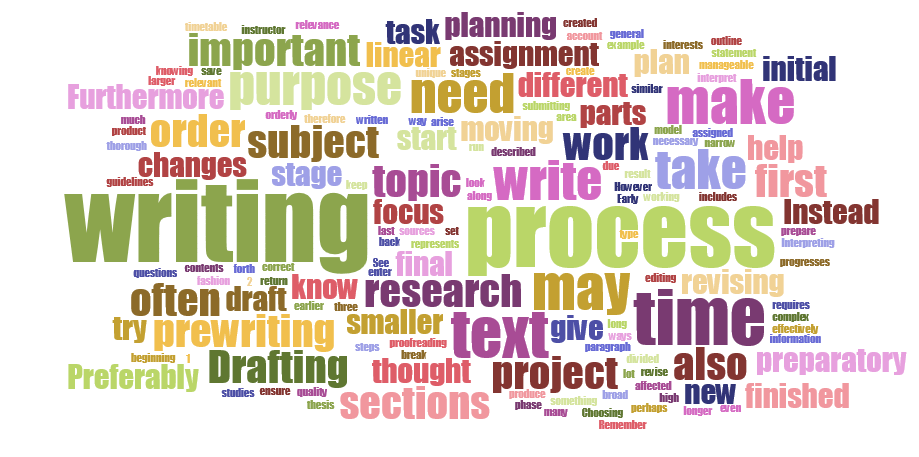


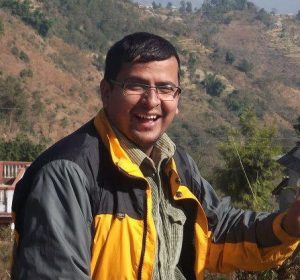
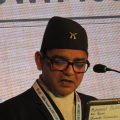 Dr Laxman Gnawali: We have a strong focus on academic writing development in the graduate programs. For both MEd and MPhil programs, we have formal credit courses. These courses give theoretical understanding as well as practical exposure to develop students’ writing skills. We start with the basics such as paragraph writing, move on to a five-paragraph essay, and later to thematic paper as well as research paper writing. The culmination is the thesis writing in which they fully actualize their academic writing skills.
Dr Laxman Gnawali: We have a strong focus on academic writing development in the graduate programs. For both MEd and MPhil programs, we have formal credit courses. These courses give theoretical understanding as well as practical exposure to develop students’ writing skills. We start with the basics such as paragraph writing, move on to a five-paragraph essay, and later to thematic paper as well as research paper writing. The culmination is the thesis writing in which they fully actualize their academic writing skills. Mr Laxmi Prasad Ojha: I have seen a positive sign by including research and writing as the integral part of the curricula in my university. This is encouraging step towards developing students with reading, writing and critical thinking abilities. Most courses in Bachelor’s and Master’s degree includes writing as an essential part of curricula and evaluation system. Students are supposed to write essays, narratives, reflections, research reports, research papers, book reviews, analytical writing at graduate and undergraduate levels and the thesis writing in the graduate level despite the fact that we have not been able to deliver the courses very well.
Mr Laxmi Prasad Ojha: I have seen a positive sign by including research and writing as the integral part of the curricula in my university. This is encouraging step towards developing students with reading, writing and critical thinking abilities. Most courses in Bachelor’s and Master’s degree includes writing as an essential part of curricula and evaluation system. Students are supposed to write essays, narratives, reflections, research reports, research papers, book reviews, analytical writing at graduate and undergraduate levels and the thesis writing in the graduate level despite the fact that we have not been able to deliver the courses very well. Mr Bishnu Kumar Khadka: We formed an ELT club of the students studying in English language education with the support of some international scholars. The journey of writing begins with writing meeting minutes which generally includes the name of the attendees, agenda, discussion and decisions in English. Furthermore, members of the club write and share their experiences and new insights they found during the study. In our semester-based system in Mid-Western University, students write assignments, project-based reports, review reports and research reports. The system generates the writing as a process during the whole semester as well as a part of the evaluation. When we felt a few challenges to gear up writing on the part of students, we established the Writing Center in the University with support of some international scholars. The center started webinar, training of teachers facilitated by scholars from the USA. It is really an inspiring move for us to develop writing in the English language.
Mr Bishnu Kumar Khadka: We formed an ELT club of the students studying in English language education with the support of some international scholars. The journey of writing begins with writing meeting minutes which generally includes the name of the attendees, agenda, discussion and decisions in English. Furthermore, members of the club write and share their experiences and new insights they found during the study. In our semester-based system in Mid-Western University, students write assignments, project-based reports, review reports and research reports. The system generates the writing as a process during the whole semester as well as a part of the evaluation. When we felt a few challenges to gear up writing on the part of students, we established the Writing Center in the University with support of some international scholars. The center started webinar, training of teachers facilitated by scholars from the USA. It is really an inspiring move for us to develop writing in the English language. Mr Janak Singh Negi: Apparently, there are some good initiations. It is because writing courses have been taught at the university level. I know these courses touch some practical aspects of academic writing, but most of the students do not seem practicing writing except writing Master’s thesis at the end of the program in this region.
Mr Janak Singh Negi: Apparently, there are some good initiations. It is because writing courses have been taught at the university level. I know these courses touch some practical aspects of academic writing, but most of the students do not seem practicing writing except writing Master’s thesis at the end of the program in this region. Dr Uttam Gaulee:
Dr Uttam Gaulee: